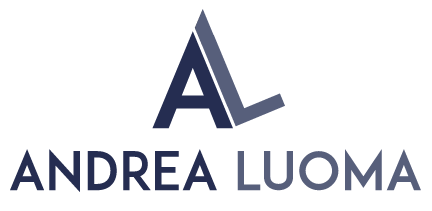The Stats - Turnover & its staggering costs:
•Employees with the highest level of commitment perform 20% better and are 87% less likely to want to leave the organization (Corporate Leadership Council, 2004).
•Companies that communicate most effectively are 50% more likely to report turnover levels below the industry average compared with only 33% for the least effective communicators (Watson Wyatt, 2003).
•18% of the variation in sickness and absence rates across the company was due to variations in communication practices (Brown, Duncan & MacDonald, 2003)
Trust
It’s much more effective to create a culture of trust. Neuroscience research shows that you can do this through eight key management behaviors that stimulate the production of oxytocin, a brain chemical that facilitates teamwork. The eight behaviors are: 1) recognize excellent, 2) induce “challenge stress”, 3) give people discretion in how they do their work, 4) enable job crafting, letting employees choose which projects they’ll work on, 5) share information broadly, 6) intentionally build relationships, 7) facilitate whole-person growth, and 8) show vulnerability.
· Zak, Paul J. (2017 January-February). The neuroscience of trust. HBR. Retrieved from: https://hbr.org/2017/01/the-neuroscience-of-trust
During a restructuring, rumors spread and fear takes hold. Reduce turmoil by finding way to inform, empower, and inspire employees. The company’s fortunes rise and fall on the decisions and trade-offs that individual employees, the managers on the front lines and the people they lead, make every day. The phases of change can be managed so people understand the strategic rationale for the decisions handed down, and clearly understand their role in shaping the new organization. They can forge ahead, confident that choices were made to enable sustained success. When trust prevails, so does the company’s future.
· Couto, V., Caglar, D., & Plansky, J. (2017 January 10). Building trust while cutting costs. Strategy+Business. Retrieved from: http://www.strategy-business.com/feature/Building-Trust-while-Cutting-Costs
Distrust activates the fear-networks in the brain - spewing a hormone called cortisol, which closes down conversations. Trust activates the trust-networks and also activates oxytocin, which facilitates conversations. Conversations trigger physical and emotional changes in our brains and bodies through altering the amounts of two of the most powerful hormones that affect social interaction: oxytocin, which enables bonding and collaboration, and testosterone, which enables our aggressive behaviors. Learn how to increase oxytocin and decrease cortisol.
· Glaser, Judith E. (2013 August 22). Built Trust. Huffington Post. Retrieved from: http://www.huffingtonpost.com/judith-e-glaser/build-trust_b_3483329.html
Contact Dr. Andrea, to learn how to increase the following into your organization:
Take a moment in reflection…
Most often it’s not that our team is unskilled, uneducated or lacks knowledge, it’s typically that we cannot get along! Yet, icebreaking or team building exercises haven’t seemed to work. Employees must learn how brain and body chemicals work for and against them, as well as when to trust those internal chemical and electrical impulses, and when and how to override them. Imagine if you could be freed up of the energy you expend intervening in relationship squabbles?

